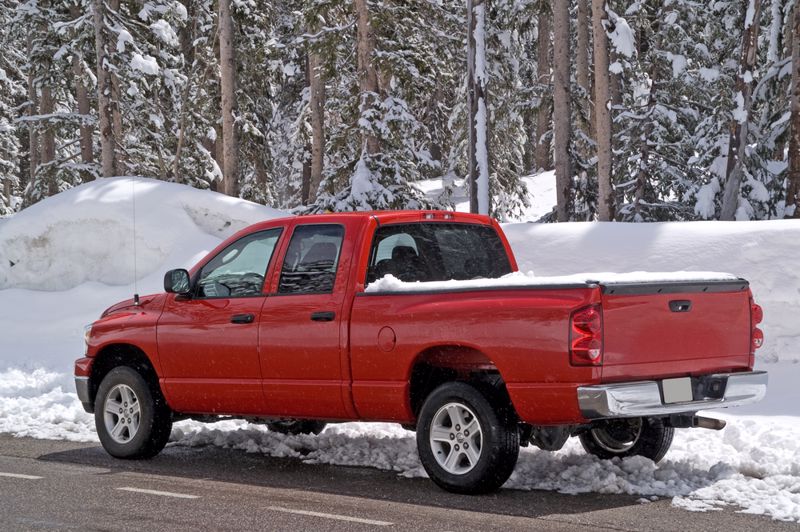

Safety on the road is always an important consideration, no matter the time of year. Add snowy, slushy or icy pavement and the danger of getting into an accident rises 24% in the wintertime, according to the Federal Highway Administration.
Using snow tires and increasing your awareness while driving are both great ways to avoid an accident during these winter months, but did you know that electric vehicles could support safer driving as well? This article will dive into why this may be true and how to best utilize your electric vehicle this season.

When you drive in snowy or icy conditions, your tires are more likely to lose traction on the road — especially if you chose not to purchase and use snow tires. At the same time, your brakes can become less effective.
The typical driver will try to compensate for the slippery roads with more frequent braking, which can contribute to accelerated wear and tear. Excess heat from braking can also cause cracks to form on the brake pads. Additionally, while salting roads can make them safer to drive on, the salt can eventually corrode your brakes if you do not regularly clean them.
Regenerative braking, a feature unique to electric vehicles, slows the car down without using friction but instead by putting energy into the battery instead of braking. Instead of trying to pump (or worse, slam) on your brakes while attempting to stop on snow-covered roads, regenerative braking can help you slow down more gradually while saving energy for your battery.
The way EVs work is the reason why regenerative braking helps slow the car down. As you're accelerating, the electric motor is moving in two directions: driving the car forward and recharging the battery. When you take your foot off of the accelerator, the system swaps and starts to put energy back into the battery. At this time, you will feel the car noticeably slow down. When your car is traveling downhill, for example, the regenerative brakes will be doing most of the job for you.
You'll not only extend the life of your brakes, but avoid fish-tailing as often, too.
Regenerative braking can save you from getting into a lot of dangerous situations on the road in the winter, but there are other precautions you can take to proactively prepare for these conditions as well.
To maximize your vehicles' range in the winter, it's important to regularly check your tire pressure. When the temperature drops, the air in your tires will fluctuate and often fall below the necessary pressure level. Inflating your tires to the level recommended by the manufacturer will provide as little resistance as possible.
When your car is plugged in, you can precondition it by warming up the battery. You do this simply by turning on the heat in your car — usually around 30 minutes before you leave — while the car is plugged in. A warm battery is more effective in keeping its charge and you have the added bonus of a warm car during your morning commute.
If you're shopping for an EV, choosing one with a heat pump can save you time and energy. Rather than using a conventional air conditioning system, a heat pump absorbs heat from the atmosphere and compresses it using a refrigerant circuit. This allows warm air to flow into the car without consuming electricity from the battery.
Along with watching your speed, using winter tires and cleaning off your car before you get on the road, these tips will help you stay as safe as possible this winter season. Regenerative braking can save time and money on brake maintenance and stress as you drive through icy conditions.
Greening Testing Laboratories is a fully certified brake testing lab that provides a variety of brake testing services worldwide. Contact Greening for a complimentary brake testing consultation.